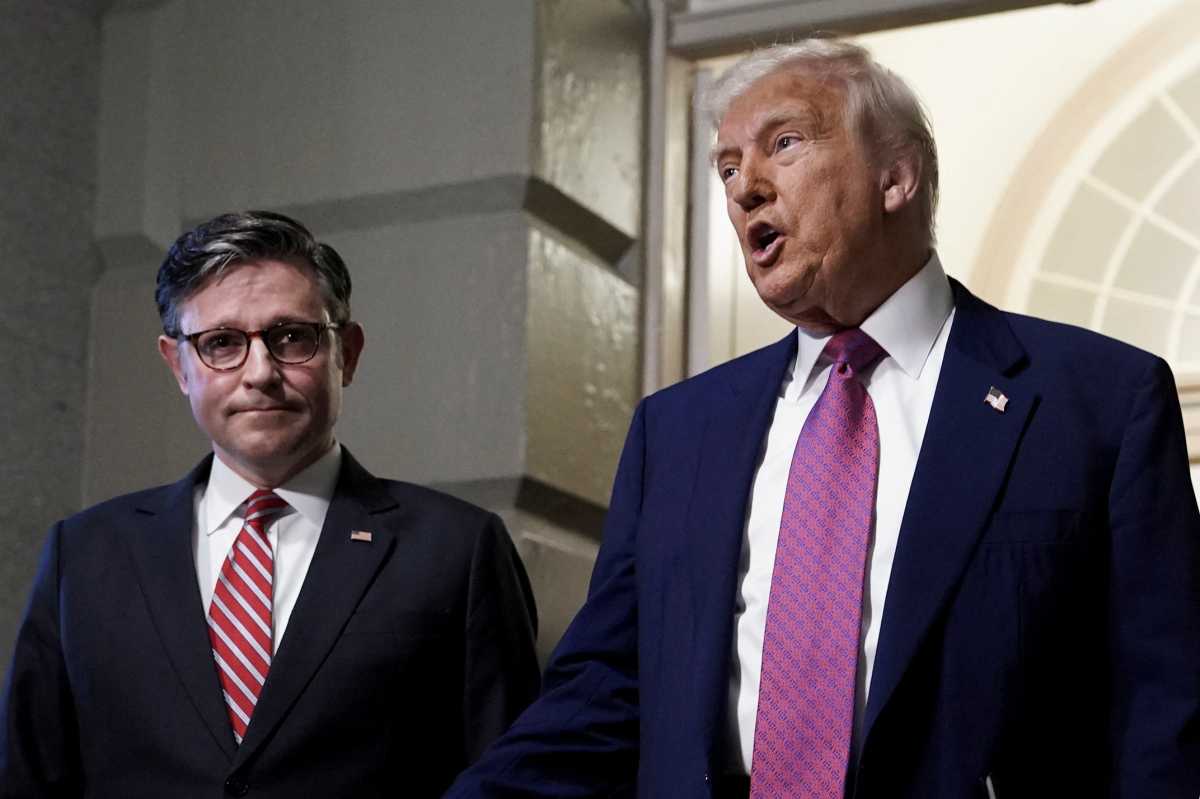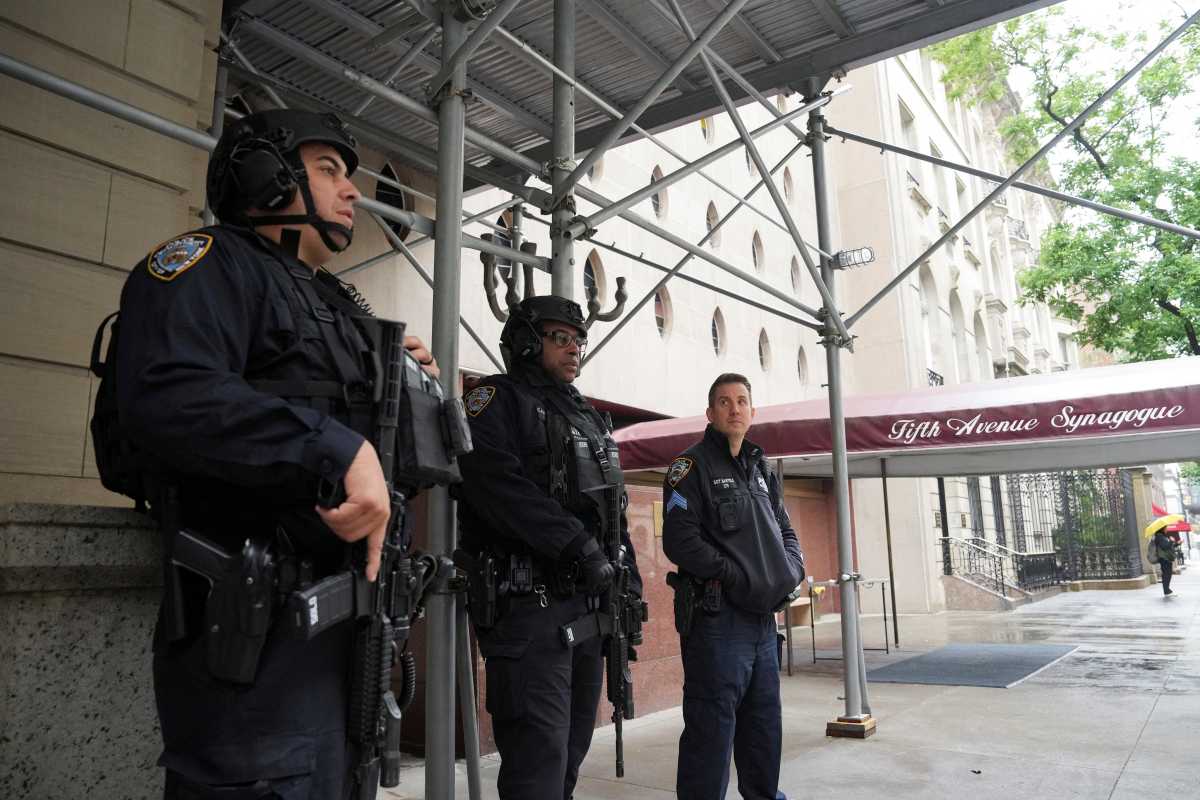Politicians Say It Would Help Ease Patients’ Pain
Assembly Speaker Sheldon Silver and Health Committee Chair Richard Gottfried announced that the Assembly budget proposal includes a provision to authorize the medicinal use of marijuana.
This proposal would authorize the medical use of marijuana for individuals suffering from specified debilitating illnesses as determined by a health care practitioner, ensuring access to treatment that can improve their life and health.
“It is clear that there are patients in New York who can benefit from the effects of medical marijuana,” said Silver. “We have carefully considered this initiative. We have heard from patients, caregivers, providers and advocates. This is a well-thought out plan that, once implemented, will provide access to medicine that can alleviate pain and suffering from serious illness.”
The measure would allow practitioners to issue certification for medical use of marijuana for patients with a serious medical condition who likely receive therapeutic or palliative benefits from use.
A serious medical condition is defined as a severe debilitating or life-threatening condition, including, but not limited to, cancer, glaucoma, positive status for HIV or AIDS, Parkinson’s disease, multiple sclerosis, damage to the nervous tissue of the spinal cord with indication of intractable spasticity, epilepsy, cachexia, wasting syndrome, Crohn’s disease, posttraumatic stress disorder, neuropathy, arthritis, lupus and diabetes.
Patients would obtain a registry identification card for certified medical use. Certified users would be allowed the possession of up to 2.5 ounces. Designated caregivers would be allowed to possess up to 2.5 ounces per patient for up to five patients.
The use of medical marijuana is prohibited in public places, similar to guidelines for the use of tobacco. However, health care facilities may provide designated areas for use.
The measure would require registration of organizations that would sell, deliver or distribute medical marijuana to certified patients or designated caregivers. It establishes an excise tax of 10 percent on the retail price of medical marijuana dispensed.

































